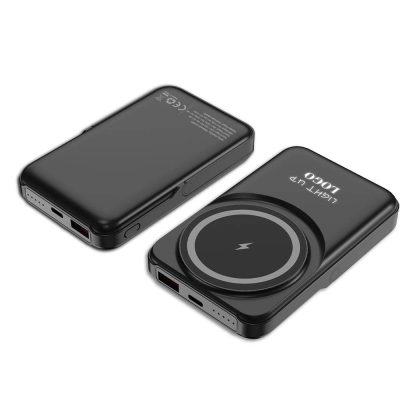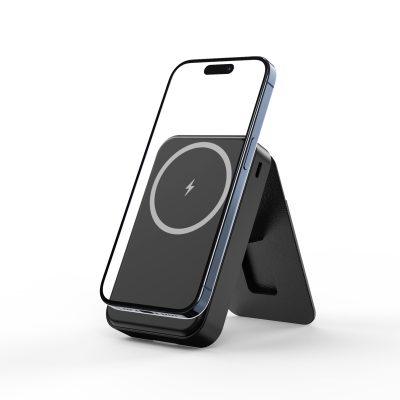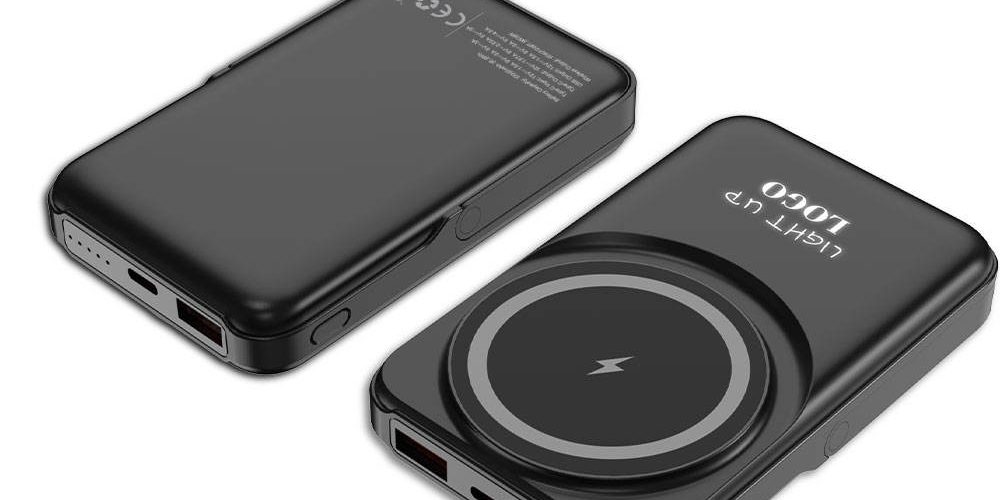Wireless power banks offer a convenient and cable-free way to charge your devices, but like any product, they have their own set of pros and cons. Here’s a closer look at whether a wireless power bank is worth the investment for you:
Pros of Wireless Power Banks
- Convenience: The biggest advantage of wireless power banks is the convenience they offer. With wireless charging, you eliminate the need for cables, making it easier to charge your devices on the go.
- Compatibility: Many modern smartphones and other devices support wireless charging, making wireless power banks a great option for those who already use wireless charging pads or stands at home or in the office.
- Aesthetics: Wireless power banks often have sleek and modern designs that can be more appealing than traditional wired power banks. They can also be more discreet and easier to store when not in use.
- Fast Charging: Some wireless power banks support fast charging technology, allowing you to quickly recharge your devices when you need to.
Cons of Wireless Power Banks
- Limited Capacity: Wireless power banks tend to have lower capacities than their wired counterparts. This means they may not be able to fully charge your device multiple times before needing to be recharged themselves.
- Charging Efficiency: Wireless charging is generally less efficient than wired charging, which means you may lose some energy in the process of transferring power from the power bank to your device.
- Price: Wireless power banks can be more expensive than traditional wired power banks due to their advanced technology and design.
- Compatibility Issues: Not all devices support wireless charging, and even among those that do, there can be variations in charging speeds and compatibility.
Is It Worth the Investment?
Whether a wireless power bank is worth the investment depends on your personal needs and preferences. If you prioritize convenience, aesthetics, and having the latest technology, a wireless power bank may be a good fit for you. However, if you need a power bank with a higher capacity or are on a budget, a traditional wired power bank may be a more practical choice.
Ultimately, the decision comes down to your specific needs and how you plan to use the power bank. Consider your device compatibility, charging needs, and budget before making a decision. With the right information and careful consideration, you can choose the power bank that best suits your needs and lifestyle.









